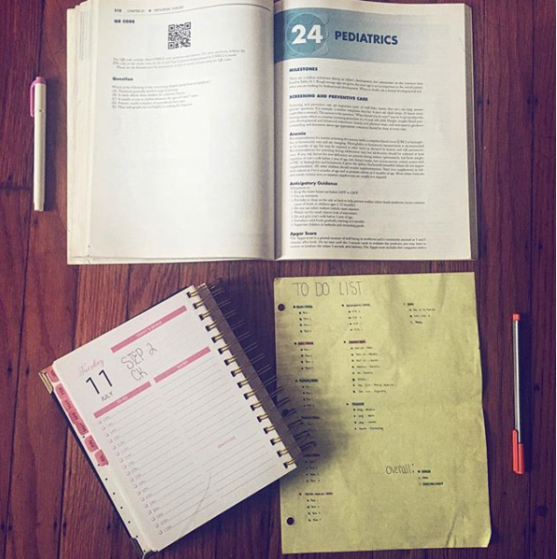Hello friends! This post is very belated. It was meant to be my first official post since graduation and clearly multiple posts (although not as many as I anticipated) have come between that time and now. It’s hard to believe that this space–that I first used to document my experience as an pre-medical student–has become such a resource for other individuals. It is even harder to believe that there are individuals who have followed my journey (via this blog) for five years. I am in serious shock and I feel serious gratitude.
Since my last life update: I completed my MD/MPH, received awards from both the MD program and the MPH program, drove a rental van with all my belongings to Philadelphia (24 hours – alone, the scenery is gorgeous; the drive was…long), and started residency. Today marks my first entire week of elective (child abuse & adoption medicine) after completing my inpatient rotations for this year. Residency is not easy but I like it more than medical school. There’s no comparison. At all.
I meant to write about residency application season right after match day but I got caught up in writing my public health analysis and then I graduated and then I moved and then I wanted to spend time with my co-interns (basically, I have a ton of excuses). I think the delay is beneficial. I have now had the opportunity to evaluate medical students and sub-interns (which feels totally wild because I was literally a medical student not too long ago) and have heard a little bit from co-residents and administration about what aspects can hurt your application.
This post will be divided into four sections: pre-interview season, interview season, post-interview season, and general tips. It is important to keep in mind that I applied for pediatrics and so not all of this advice is generalizable. I recommend taking a look at my dear friend Yang’s Match Series to see high-yield advice from now-residents who matched into specialties aside from pediatrics. For those of you who are going in the amazing field of pediatrics, I have a document that I made for my mentees applying into pediatrics last year that you can use to set goals to get your application ready.




